"What does Vietnam mean to you?", Thanh Nien Newspaper reporter asked. "To me? Oh, Vietnam is more than half of my life...", Mr. Thomas Bo Pedersen - General Director of Mascot Vietnam Co., Ltd. began the story. For more than 40 years, a period even longer than the years he lived in his homeland, to him, Vietnam is not just a workplace, but a part of his life, a land filled with memories and emotions that are constantly being enriched.
Despite changing roles, still wholeheartedly devoted to Vietnam
He said that when he first arrived in Hanoi in 1984, children ran after him on the street, calling "Soviet Union! Soviet Union!", because no one thought a Dane would appear at that time.
"The first time I set foot here was with a pen and a camera," he recalled. He was one of the first Western reporters to visit Hanoi after Vietnam's reunification. "The next three or four times, I went everywhere, observing and taking notes about this country," he said.
Then, fate brought him back, taking on the role of Commercial Counselor of the Danish Embassy in Hanoi from 2002. He was supposed to leave Vietnam in 2006 when his term ended, but then Mascot International wanted him to become their CEO in Vietnam. "At that time, I thought I would only stay for a short time. But that "short" time has lasted more than 20 years," he laughed.
In whatever role, as journalist, diplomat , businessman or writer, he always had deep affection for Vietnam.
Photo: NVCC
Over the years, he has changed many different roles, from journalist, diplomat, businessman and now writer. However, what has never changed is his special affection for the land called Vietnam.
He writes a lot, from blogging to writing books, mostly about this country. "I am now the CEO of a company, but I still write every day. Journalism is in my blood," he said.
His first book, Revenge From Hanoi, was published, and his second, What the People Told Me , recounts what he heard from people across Southeast Asia about their real-life experiences.
Thomas Bo Pedersen's debut book Revenge From Hanoi
Photo: NVCC
Not only in writings or diplomatic meetings, Vietnam is also imprinted in every family meal. He talked about the days he visited his close friend's mother's house to enjoy Vietnamese food. "I love pho, but I love Vietnamese seafood the most. Every time my youngest daughter, who was born and raised in Vietnam, comes back to visit, we fly to the island together to eat seafood," he said.
Perhaps the only Vietnamese dish he cannot eat is blood pudding. However, after all these years, he is no longer a strange "foreigner". He is a part of Vietnam, through every intimate relationship, every little story, every page of the book he writes.
"I am still Danish. Vietnam is the place where I live, work, love and am most deeply attached to in my life," he shared.
The happiest thing when thinking about Vietnam
"So when you think about Vietnam, what makes you feel happiest?". "The happiest? Seeing the lives of Vietnamese people getting better and better." That was the unhesitating answer of him, who has been attached to Vietnam for more than 4 decades, from the years when the country was still facing many difficulties to when it has grown as strong as it is today.
His first memory of Vietnam was in 1984. "At that time, Vietnam was one of the poorest countries in Asia. I still remember in Hanoi, many families had no electricity. When the sun set, everyone went to bed because the house was dark," he recalled.
And from those images, his greatest joy is to witness a Vietnam rising day by day. He sees clear changes, not only through the figures but also through the employees of the company he manages. Compared to 20 years ago, their lives are completely different. Better income, more opportunities, more fulfilling lives.
However, he did not sugarcoat things: "Vietnam still faces many challenges. Pollution is one of them, both in the North and the South. However, I believe Vietnam is making efforts to solve them."
Asked what caused that miraculous change, he did not hesitate: "Vietnamese people."
Witness to the turning point
He recounted the turning point he witnessed firsthand: "When the government decided to allow the private sector to operate again, everything changed completely. After the Party clearly identified in its documents that the private sector was one of the important driving forces for economic development, millions of Vietnamese people were inspired by the spirit of entrepreneurship."
Mr. Thomas Bo Pedersen took a photo with the late Prime Minister Pham Van Dong in 1985.
Photo: NVCC
"No developing country in the world has developed as fast as Vietnam in the past 40 years. And I believe the reason behind this comes from the Vietnamese people themselves: smart, hard-working, and daring to think and act," he affirmed.
Not only that, the open-door policy to attract foreign investment has brought huge capital flows to this country. "Billions of dollars of foreign investment have poured into Vietnam, making this country the most attractive destination in Asia. I used to work at the Danish Embassy, in charge of trade. When I first arrived, there were less than 20 Danish companies investing in Vietnam. Now, that number is close to 200," he said.
And the same thing happened to many other countries, from the US, France, UK, Germany... everywhere recorded remarkable growth in investment in Vietnam.
For him, Vietnam's journey from a deprived country to a bright spot in Asia is "miraculous but not accidental". It comes from the people, from the right policies, from an indomitable spirit and faith in the future.
Unforgettable memories
"So what is your most memorable memory during your time in Vietnam?" "If you could only choose one moment, it would be the moment I received a commemorative medal from the Vietnam Association of Victims of Agent Orange/Dioxin. That was the most emotional and important moment in my life," he recounted.
Mr. Pedersen has been honored with many prestigious awards, from the Danish Royal Order for his contributions to the Vietnam-Denmark relationship, to the certificate of merit from the Ministry of Planning and Investment (formerly - NV), calling him a "model investor". However, he affirmed that nothing can compare to the moment he received a commemorative medal from people who were suffering great pain after the war.
"They came to my office and handed me the medal and I was almost speechless," he recounted slowly. "It was Agent Orange that brought me to Vietnam as a young journalist in the first place. I wanted to find out what happened to the Vietnamese victims after the war."
And he didn't stop there. Over the past 40 years, he has written hundreds of articles, called for international attention, raised funds, and organized numerous campaigns to support the victims.
His love and contribution to Vietnam have been rewarded.
Photo: NVCC
"I am not a rich person. I cannot help much financially, but every year I spend a part of my income to support some families of Agent Orange victims . I also call on friends and colleagues to do the same. Most recently, I celebrated my 70th birthday in Denmark. Instead of receiving gifts, I asked everyone to donate to the victims in Quang Tri province, where the RENEW project is located."
RENEW is a cooperation project between Quang Tri province and international organizations to deal with the consequences of war in this province. According to Mr. Pedersen, this is one of the most dedicated and effective organizations. They not only support Agent Orange victims, but also deal with the consequences of bombs and mines left over from the war, an issue that he affirmed "is not just the past, but still the present".
The Sound of Happiness
"What is it about Vietnamese people and Vietnamese culture that you still remember?" "The sound of happiness," he answered immediately. Although life can be harsh, Vietnamese people always find reasons to celebrate. And he is also used to people not staying at home but sitting together on the roadside. When there is a festival, they are ready to gather, sit on the sidewalk, drink beer, sing, and enjoy simple moments filled with joy.
He shared that he has attended countless weddings, birthdays, and even company parties. “We can find a reason to celebrate any occasion,” he said, his eyes sparkling with joy.
He also could not hide his admiration for the natural beauty and architecture of Vietnam: "Ancient pagodas, the mountains and forests of the North, the beauty of the Central region, along with the cuisine, Vietnam is truly charming. Personally, Vietnamese seafood is irresistible."
When asked: "If you could only use one word to describe Vietnam, what would you choose?", he did not hesitate to answer: "Resilient". "It seems that the frame that makes up the Vietnamese people is not bones but bamboo. When storms come, they can bend with the wind and storm, but never break", he compared, imagining the symbol of the Vietnamese spirit in an extremely precise way: soft but resilient.
He also shared his trip to an incense-making village in a province south of Hanoi. He loved watching the incense smoke rise after lighting it and listening to his Vietnamese friend explain that "while the incense is still burning, you can talk to your ancestors." Although he only stayed in the village for a day, he still kept a series of photos of the incense-making process, from mixing colors, dipping bamboo, drying, and bringing them back as gifts for friends.
After all these years, Vietnam is not only his workplace, but also his other country. He sent a message full of respect and enthusiasm: " Vietnamese people are very cheerful, always open, not afraid to smile, not afraid to accept, so keep developing. Expand your vision to the world, but still keep your inherent values. Look straight, open your heart and don't rest on your laurels. That will create a breakthrough for the future."
Thanhnien.vn
Source: https://thanhnien.vn/mot-cuoc-doi-khac-o-viet-nam-hon-40-nam-gan-bo-cua-nguoi-dan-mach-hanh-phuc-185250901221604337.htm


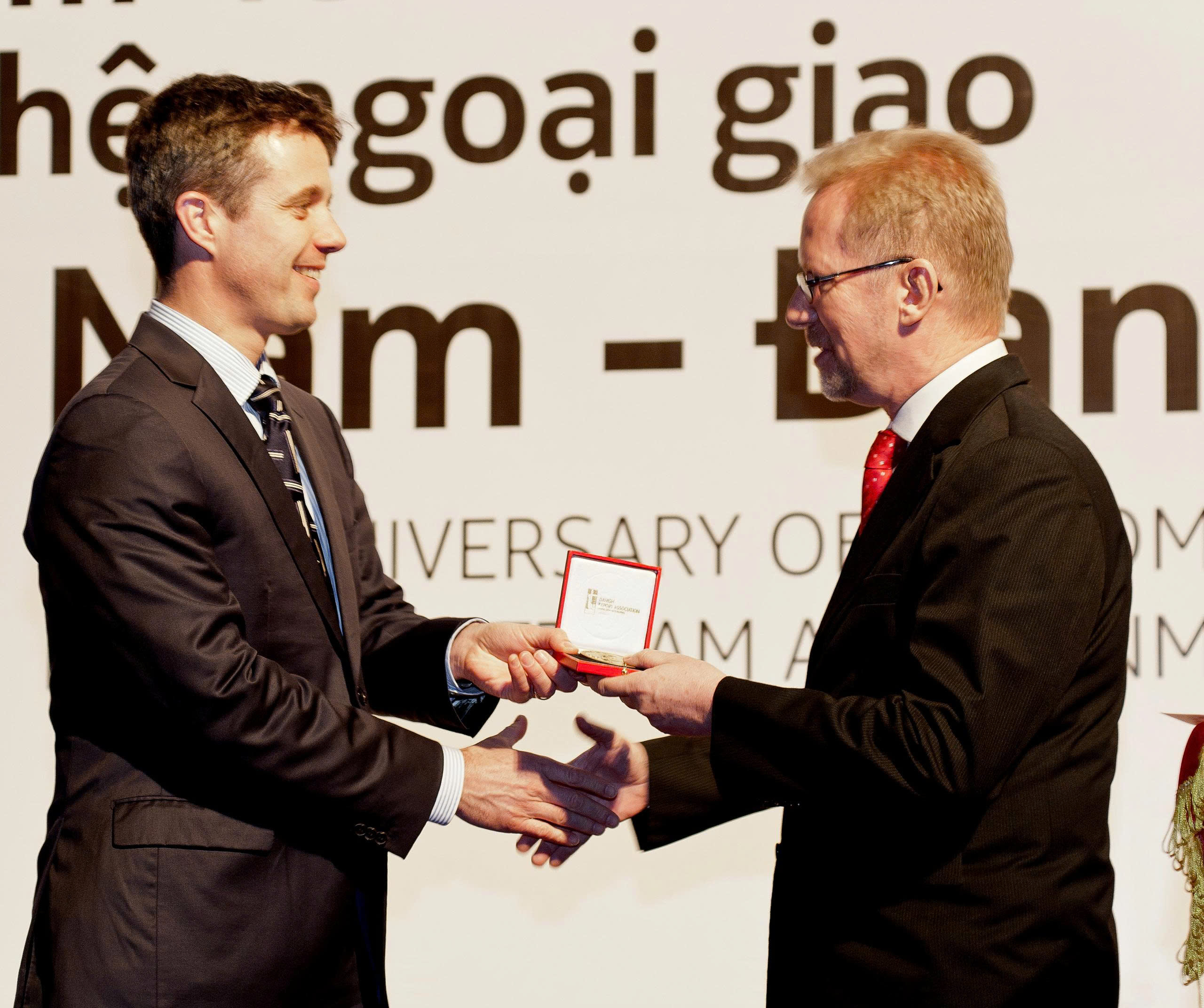
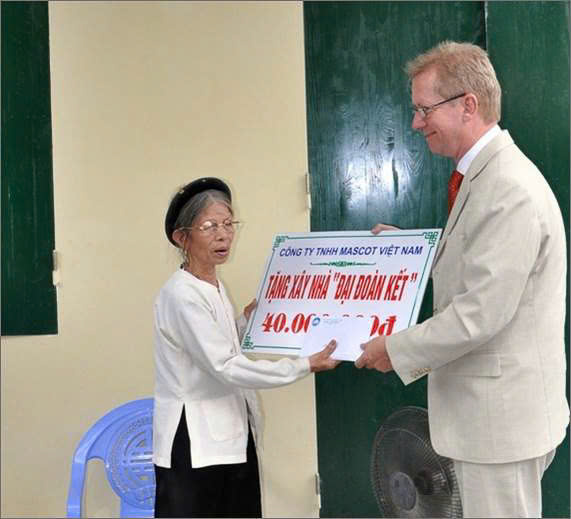
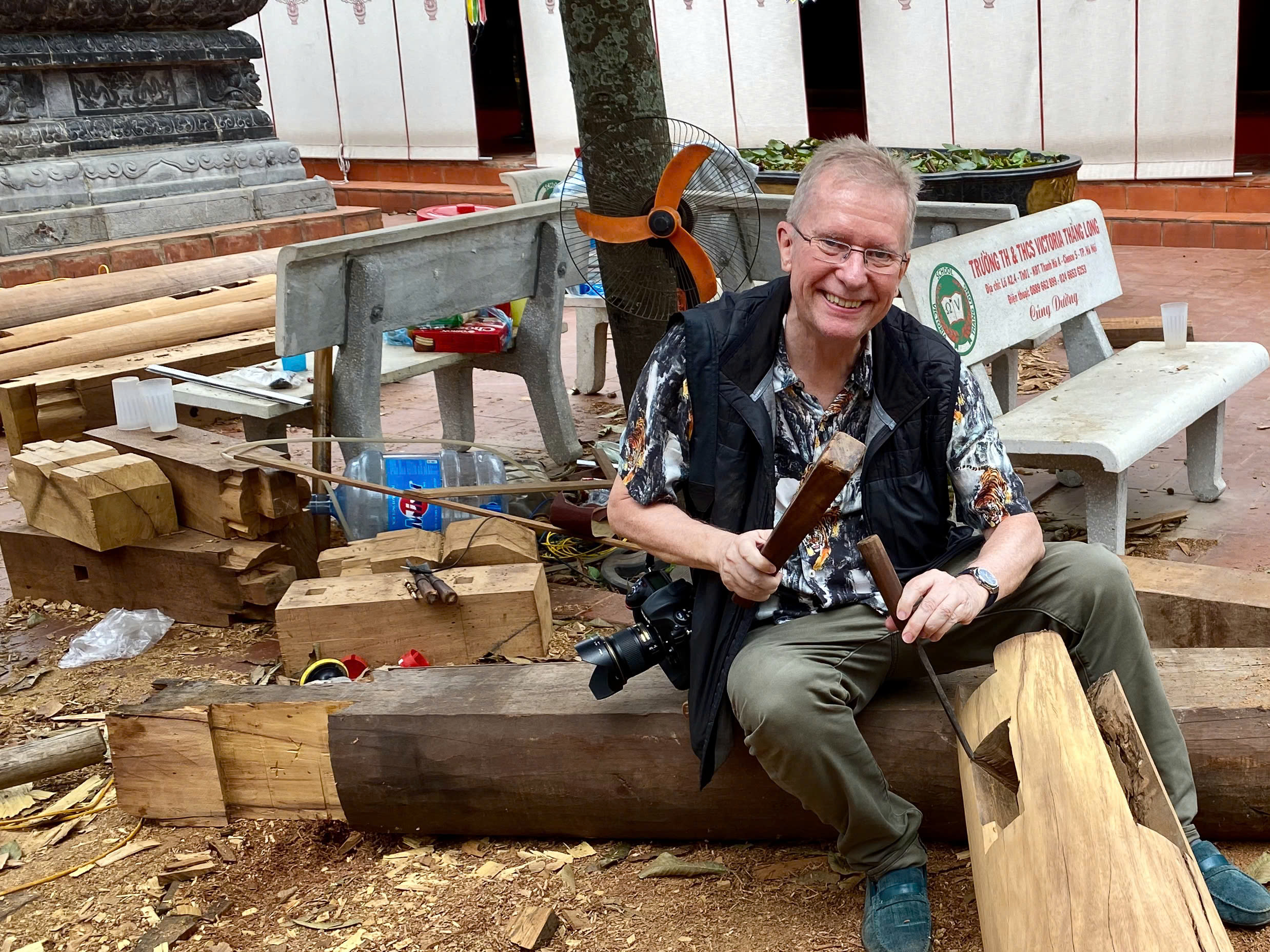
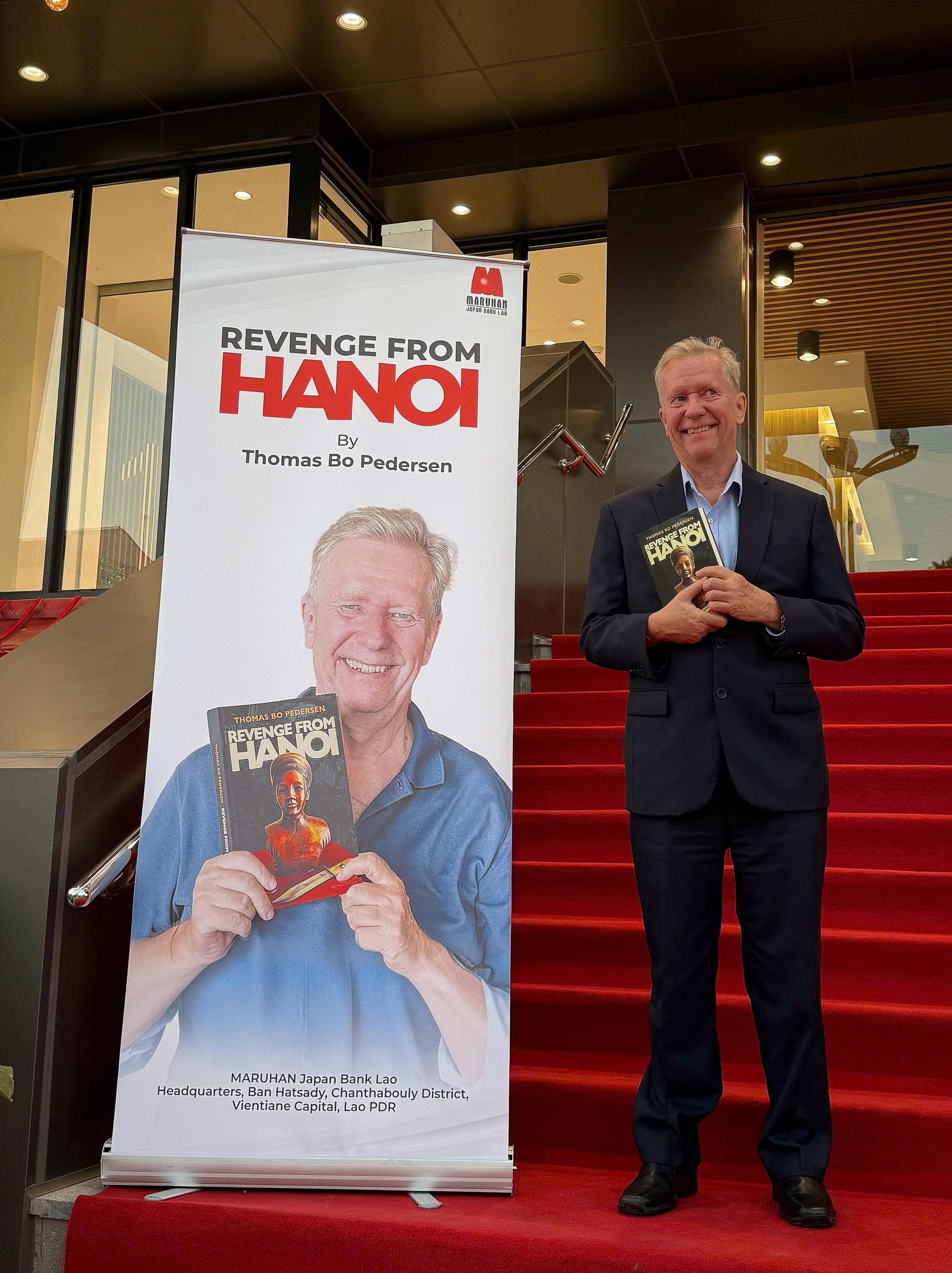
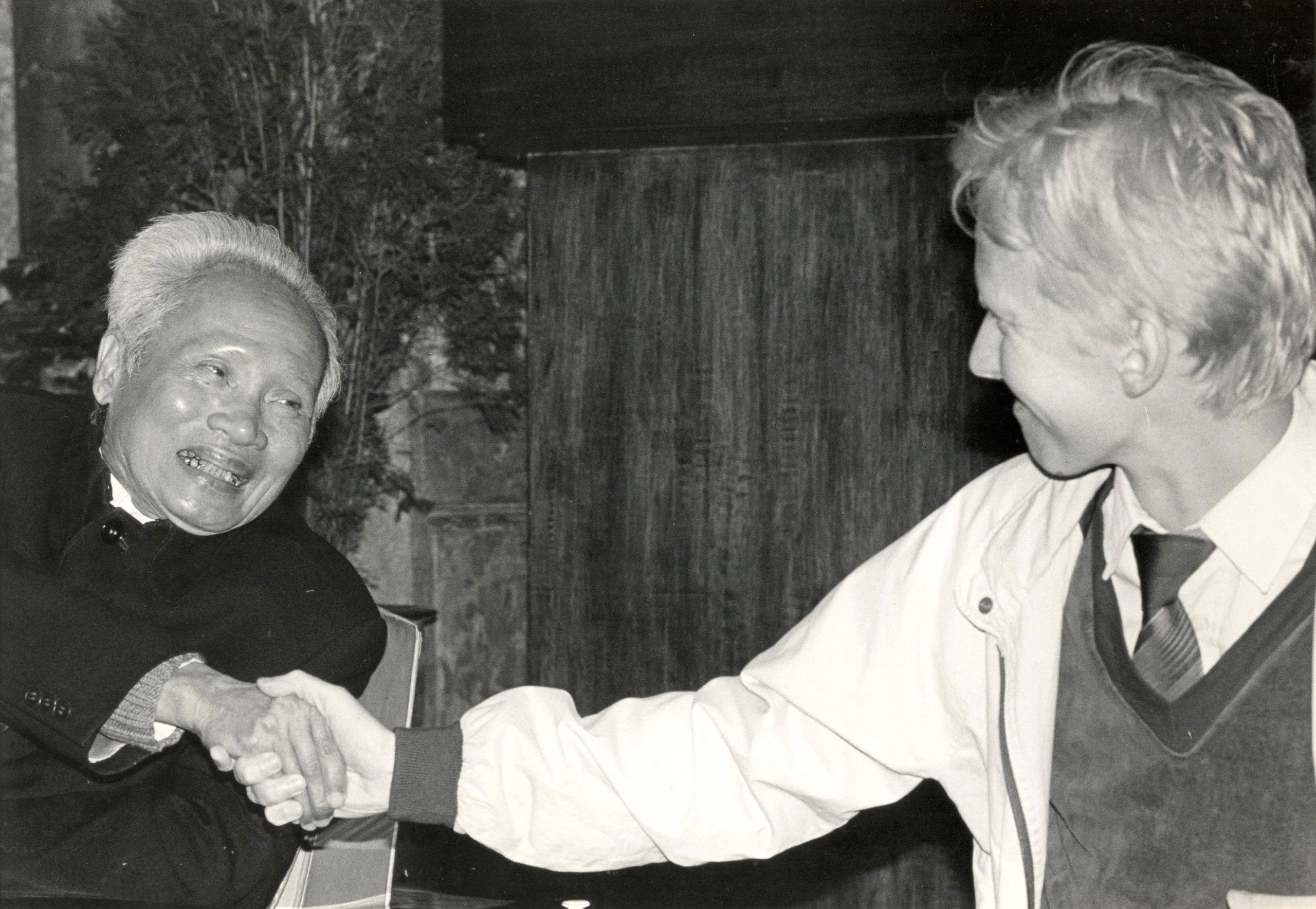
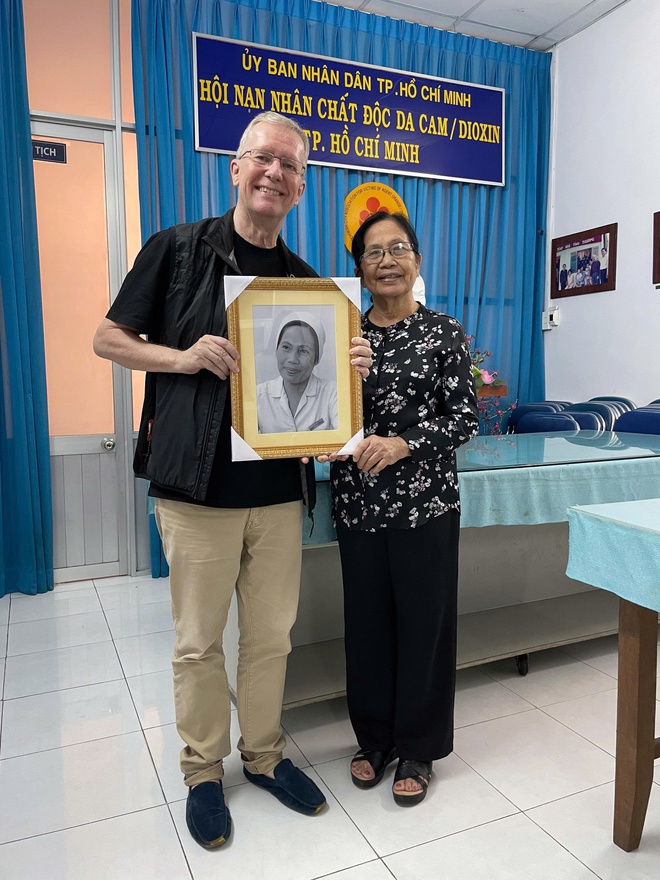
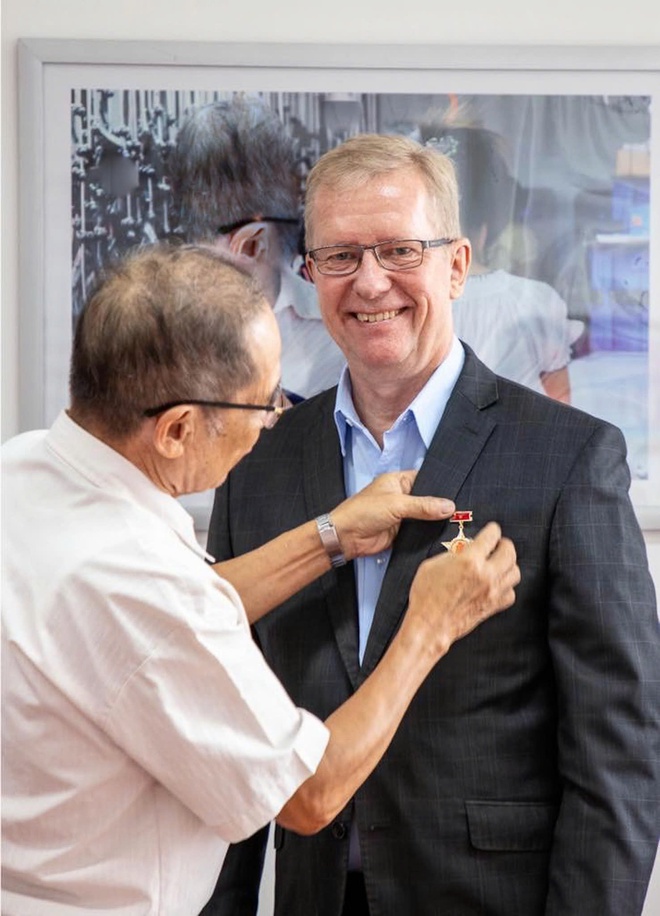
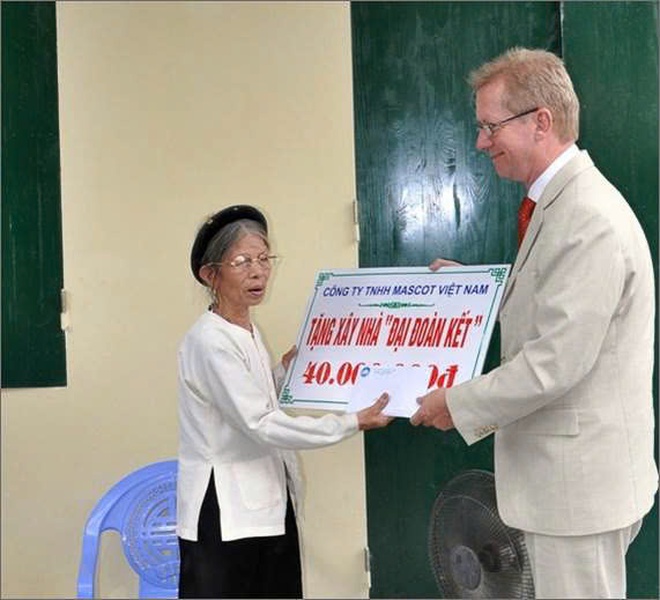

![[Photo] The 5th Patriotic Emulation Congress of the Central Inspection Commission](https://vphoto.vietnam.vn/thumb/1200x675/vietnam/resource/IMAGE/2025/10/27/1761566862838_ndo_br_1-1858-jpg.webp)
![[Photo] President Luong Cuong attends the 80th Anniversary of the Traditional Day of the Armed Forces of Military Region 3](https://vphoto.vietnam.vn/thumb/1200x675/vietnam/resource/IMAGE/2025/10/28/1761635584312_ndo_br_1-jpg.webp)



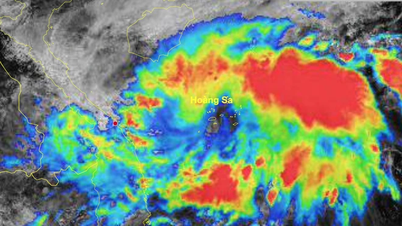
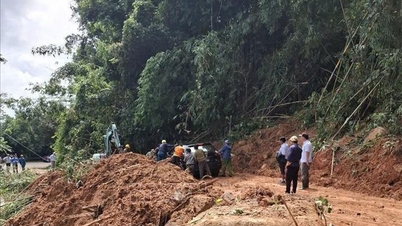

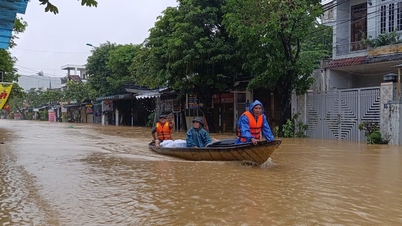

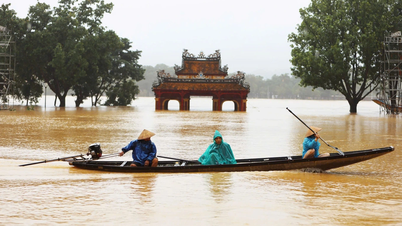

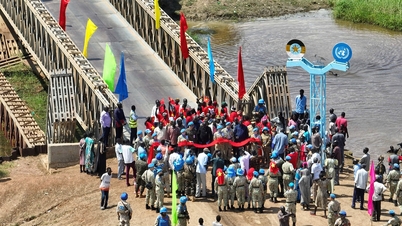

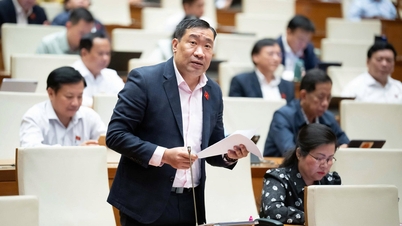




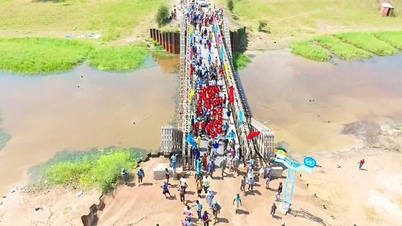
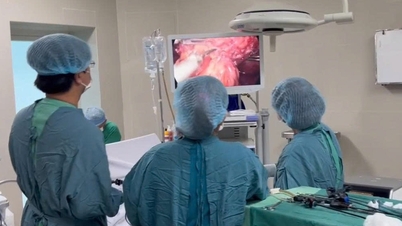

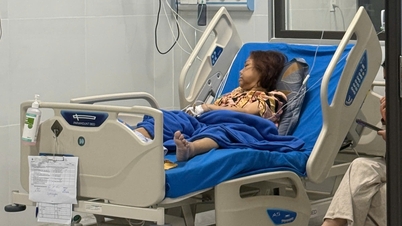
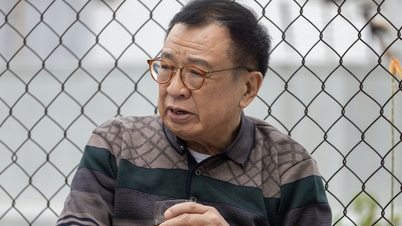
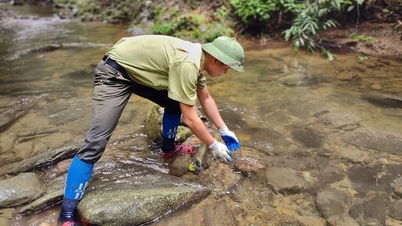
![[Photo] National Assembly Chairman Tran Thanh Man receives Chairman of the House of Representatives of Uzbekistan Nuriddin Ismoilov](https://vphoto.vietnam.vn/thumb/1200x675/vietnam/resource/IMAGE/2025/10/27/1761542647910_bnd-2610-jpg.webp)
![[Photo] Party Committees of Central Party agencies summarize the implementation of Resolution No. 18-NQ/TW and the direction of the Party Congress](https://vphoto.vietnam.vn/thumb/1200x675/vietnam/resource/IMAGE/2025/10/27/1761545645968_ndo_br_1-jpg.webp)
















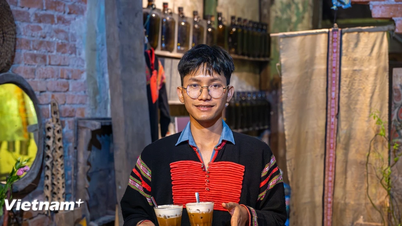

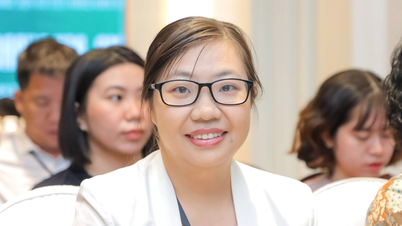





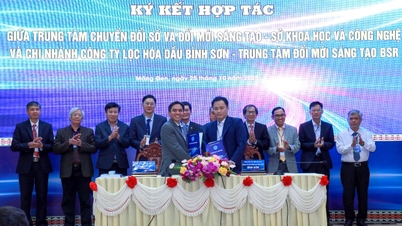
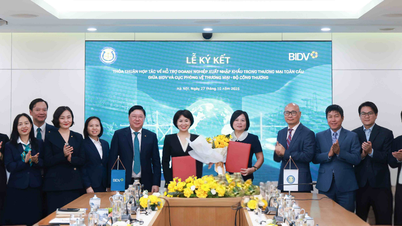






![[Photo] Prime Minister attends the 28th ASEAN-China Summit](https://vphoto.vietnam.vn/thumb/402x226/vietnam/resource/IMAGE/2025/10/28/1761624895025_image-2.jpeg)

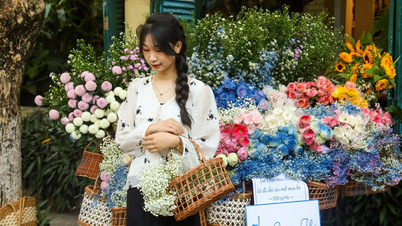
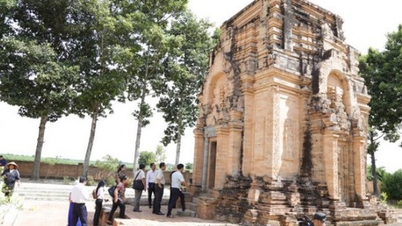

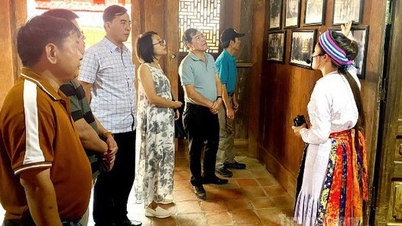
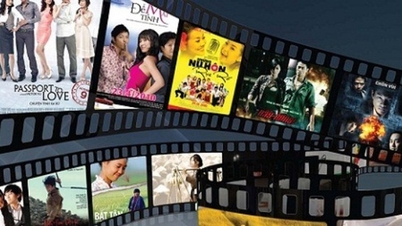
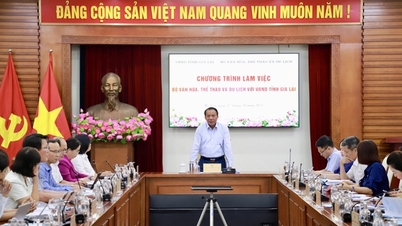
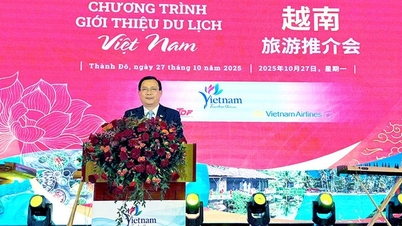
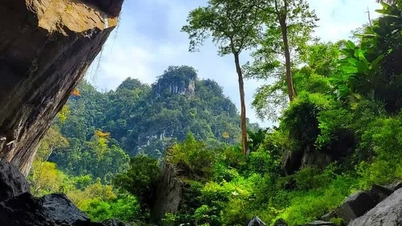
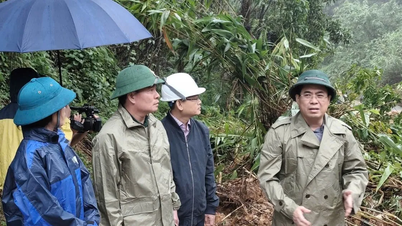

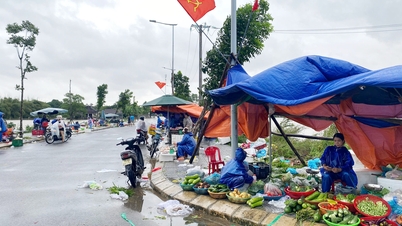

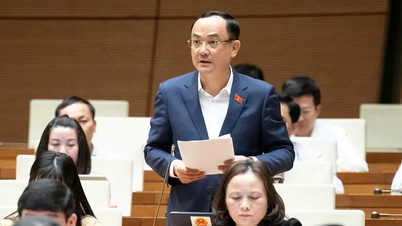
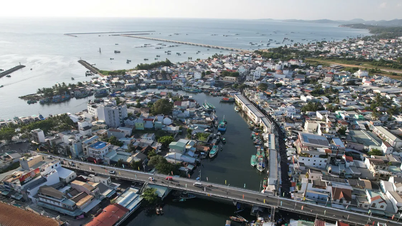
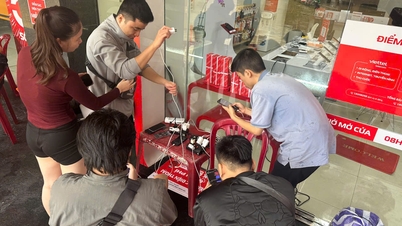
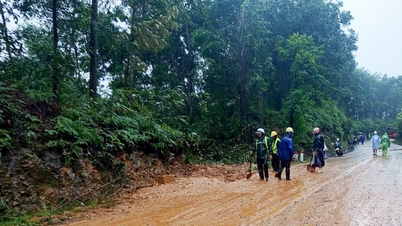













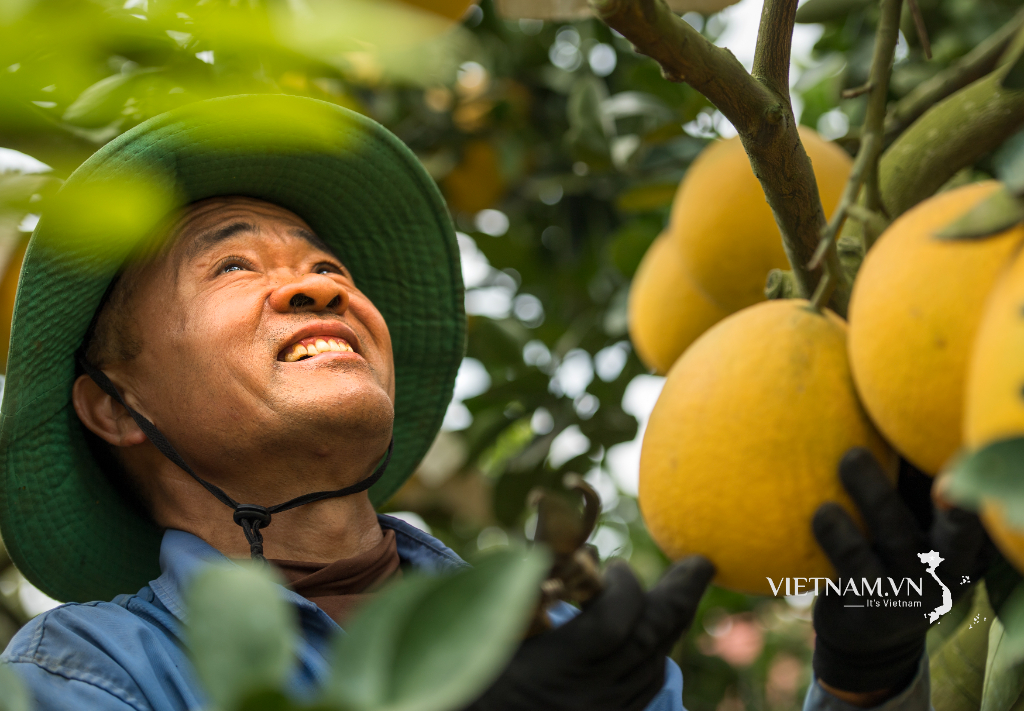


Comment (0)